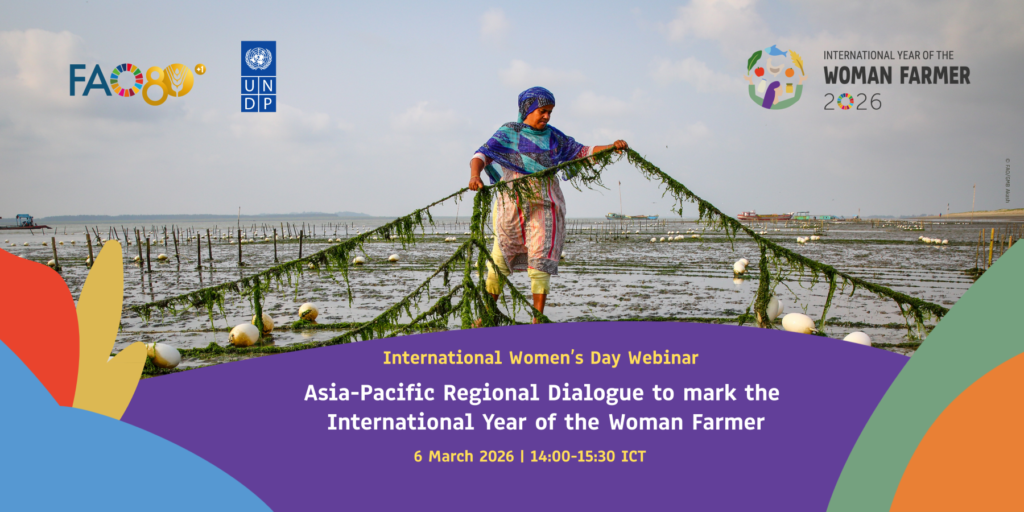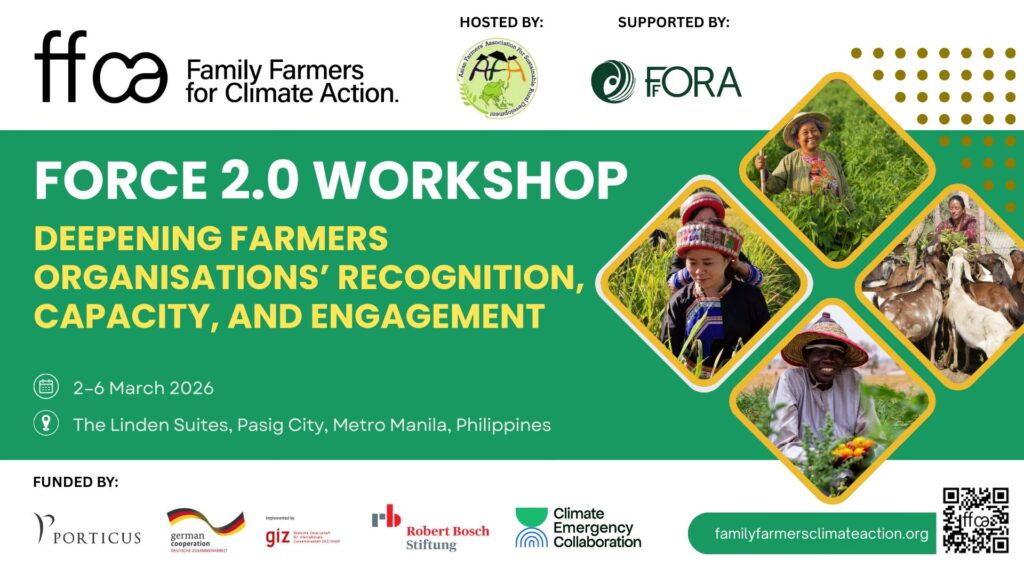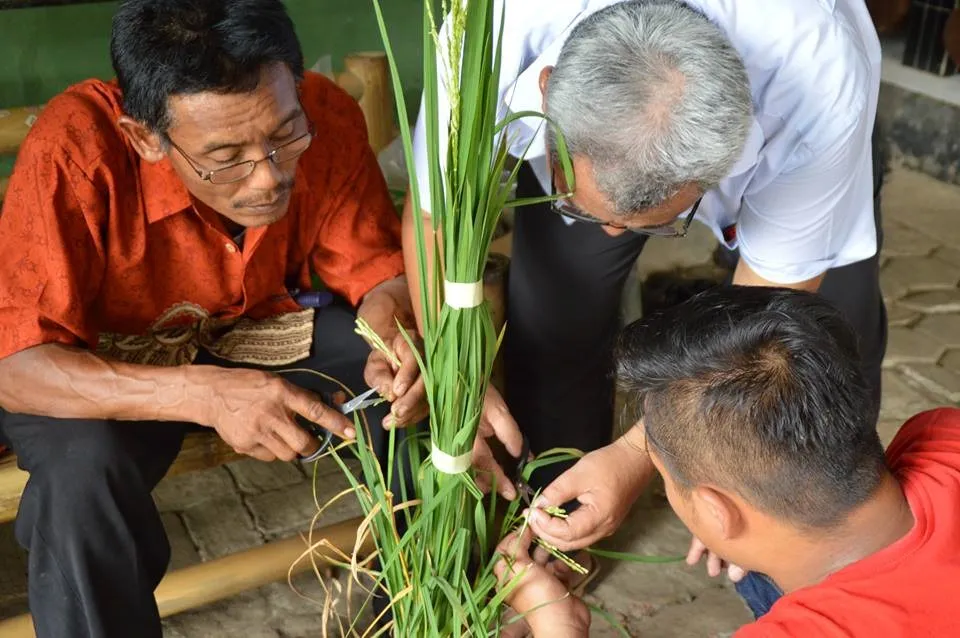
Youth in the farming fields: Young farmers call for leadership, visibility in PH Agriculture
Agriculture in the Asia-Pacific region is at a turning point in its history. The question of who will feed the future looms large as farmlands transition to commercial use and older farmers retire. Young people are being urged to go back to the land, not only to farm but also to take on leadership roles, both in the Philippines and abroad. However, systemic disparities in education, perception, support, and opportunity continue to hinder youth engagement in agriculture.
“Challenges of Youth Farmers,” a special ComDev Asia Rural Radio Initiative episode produced in collaboration with AMARC Asia-Pacific, UNDFF Asia-Pacific, and several local cooperatives, focused on this topic. Junel, a young Camarines Norte farmer and cooperative member who represented his province at the Young Farmers National Congress in Quezon City, was one of the grassroots voices highlighted in the episode.
The story of today’s rural youth in agriculture is told through the open dialogue in this episode. Junel examined the difficulties faced by young farmers and the waning interest of young people in agriculture at the National Congress alongside other youth delegates, local cooperatives, and government organizations such as DTI, DOLE, NFA, DA-ATI, and others. One significant issue brought up is that, as family farmlands are being sold or transformed for commercial purposes, young people are increasingly choosing to pursue careers outside of farming. A weak food system and a diminishing second generation of farmers are the outcomes. According to Junel, young people frequently have the misconception that agriculture is hard work and unattractive. Many people don’t realize that agriculture encompasses more than just planting; it also involves agribusiness, technology, training, processing, and marketing. He said, “Today, farming is more than just working in the fields. There are numerous approaches to agriculture that cater to a range of interests and ability levels.”
Youth cooperatives like Nangkanupeco and the Center for Agrarian Reform, Empowerment, and Transformation (CARET) are putting specific programs into place to close these gaps. These include competency-based economic programs designed to foster entrepreneurship among young farmers, youth camps focused on mental health and agricultural identity, and leadership trajectory trainings. These programs give young people the confidence to take the lead in agricultural innovation and help them recognize their importance in the food system.
There are immediate and obvious policy ramifications. A national commitment to youth-focused agricultural education and leadership development is necessary to revive rural agriculture. The episode urges more support for youth-led agri-coops, more integration of agriculture into school curricula, and the development of supportive environments that allow youth to flourish as producers and decision-makers.
Additionally, communication for development (ComDev) tactics like youth-led storytelling, community media, and rural radio are crucial. These forums give young farmers the chance to talk about their experiences, exchange knowledge, and push for the legislative assistance they require.
Junel and his contemporaries remind us that young people are not only agriculture’s future but also its present. They can plant the seeds of a resilient food system for future generations by implementing inclusive policies, educating people, and communicating with them.
To learn more about this episode, please visit ComDev Asia’s “Challenges of Youth Farmers” under the rural radio initiative for more information.



